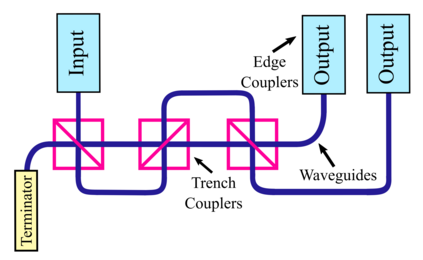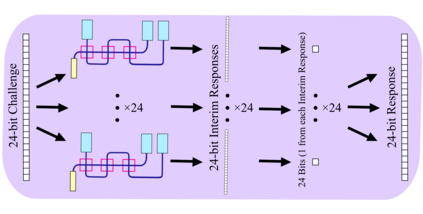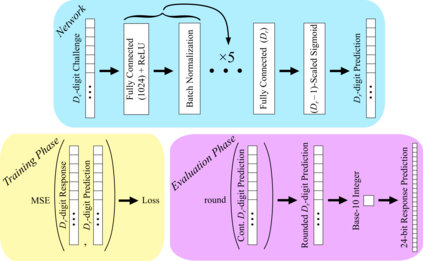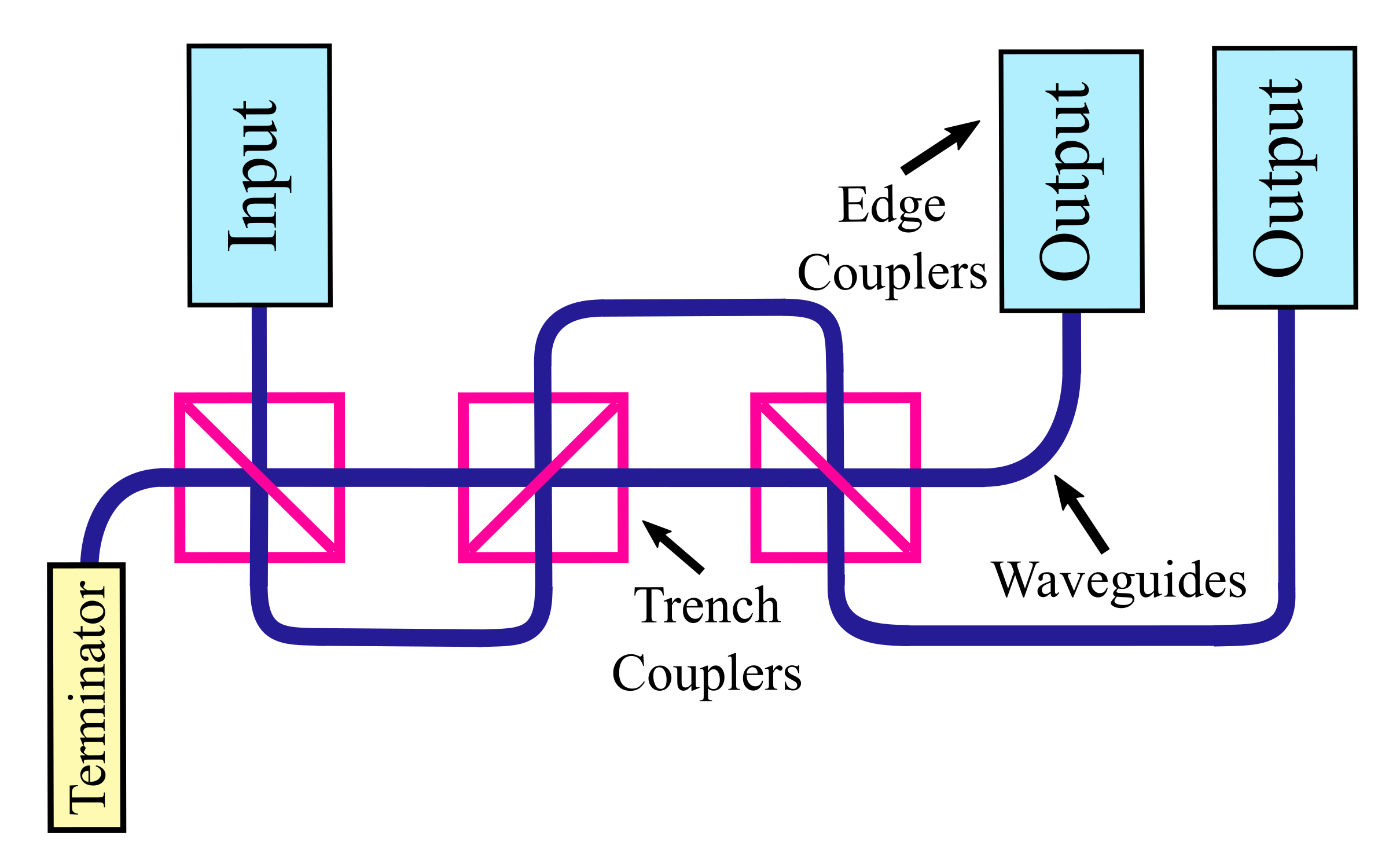Physically unclonable functions (PUFs) identify integrated circuits using nonlinearly-related challenge-response pairs (CRPs). Ideally, the relationship between challenges and corresponding responses is unpredictable, even if a subset of CRPs is known. Previous work developed a photonic PUF offering improved security compared to non-optical counterparts. Here, we investigate this PUF's susceptibility to Multiple-Valued-Logic-based machine learning attacks. We find that approximately 1,000 CRPs are necessary to train models that predict response bits better than random chance. Given the significant challenge of acquiring a vast number of CRPs from a photonic PUF, our results demonstrate photonic PUF resilience against such attacks.
翻译:暂无翻译








